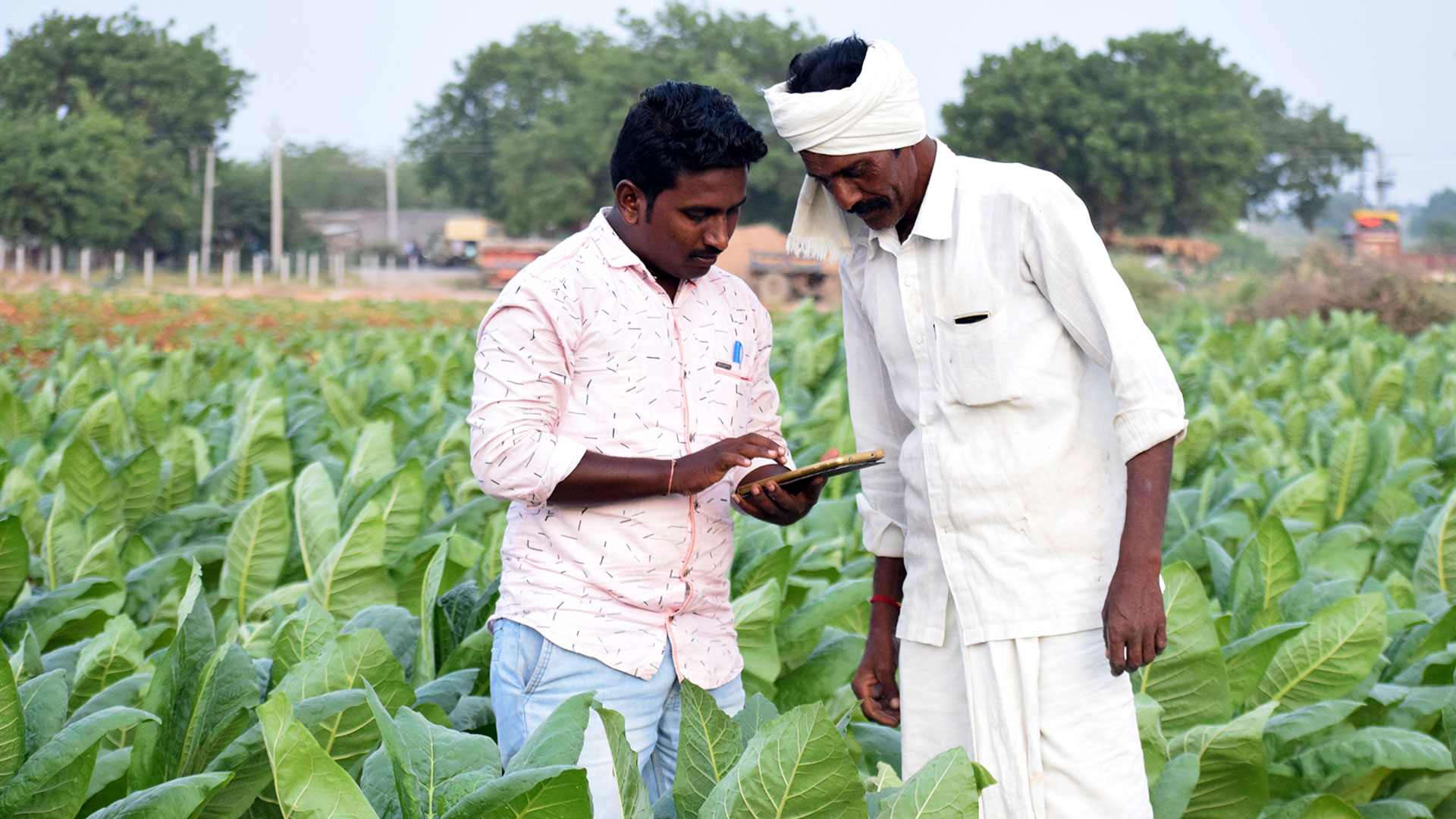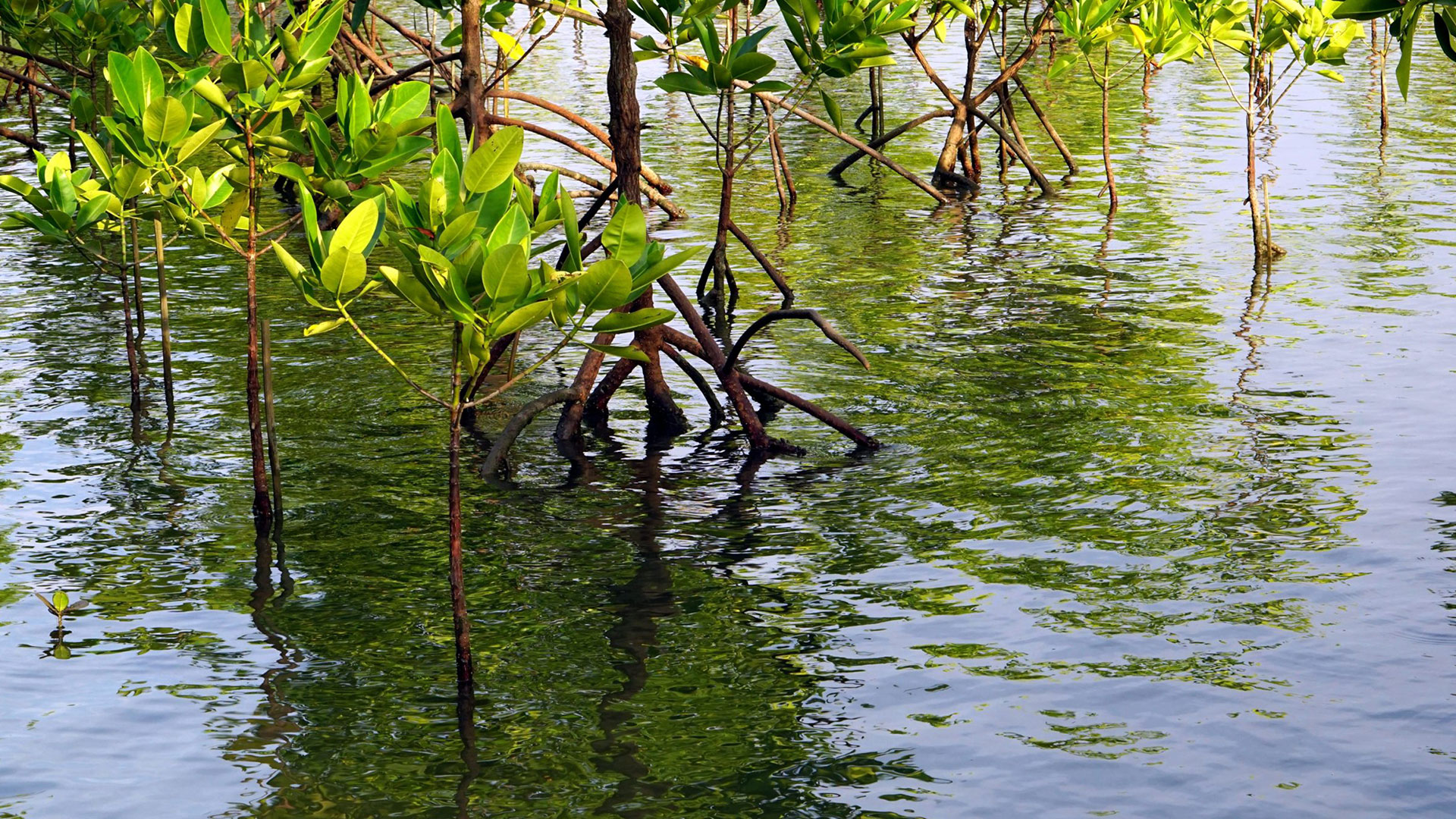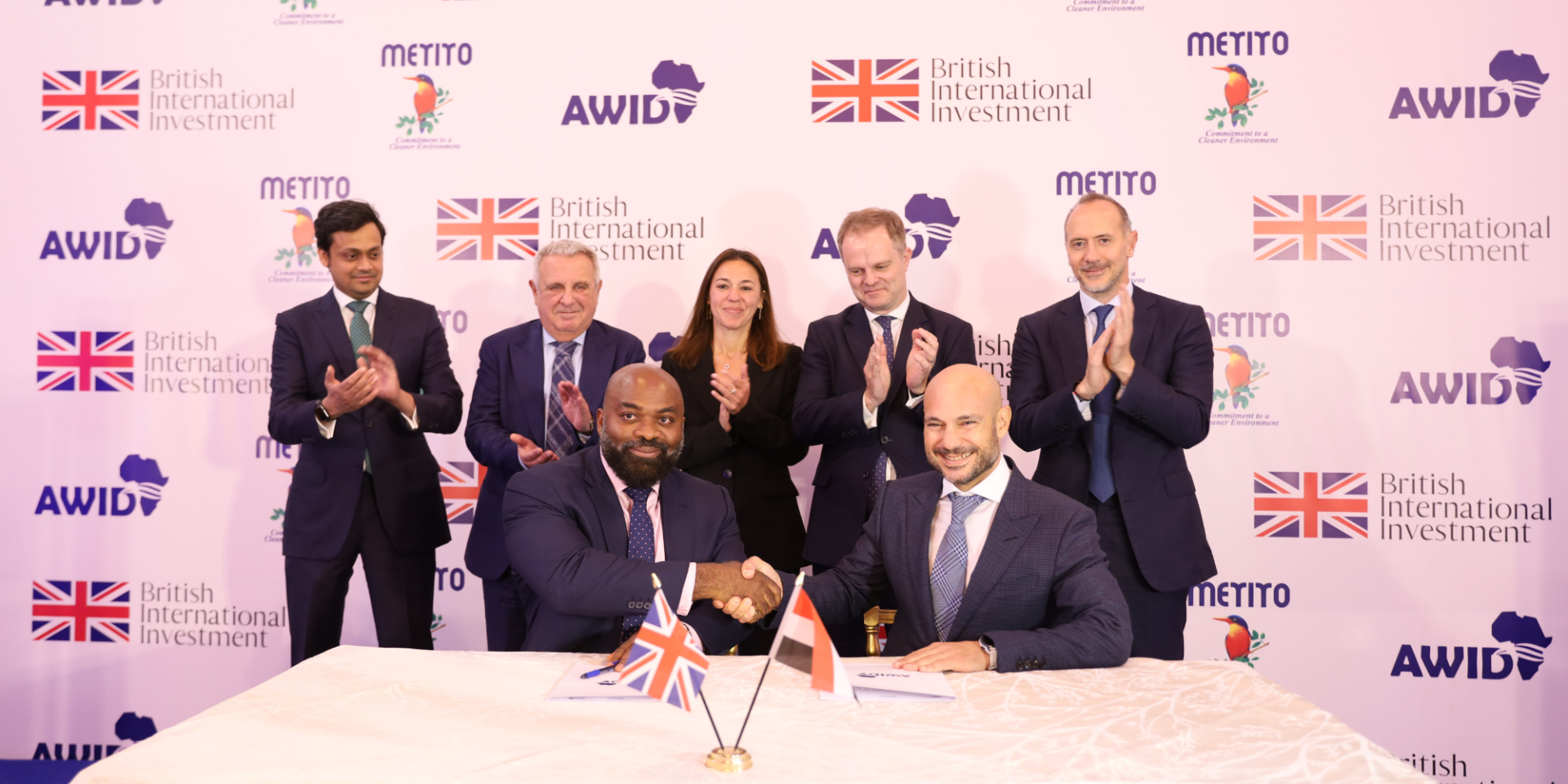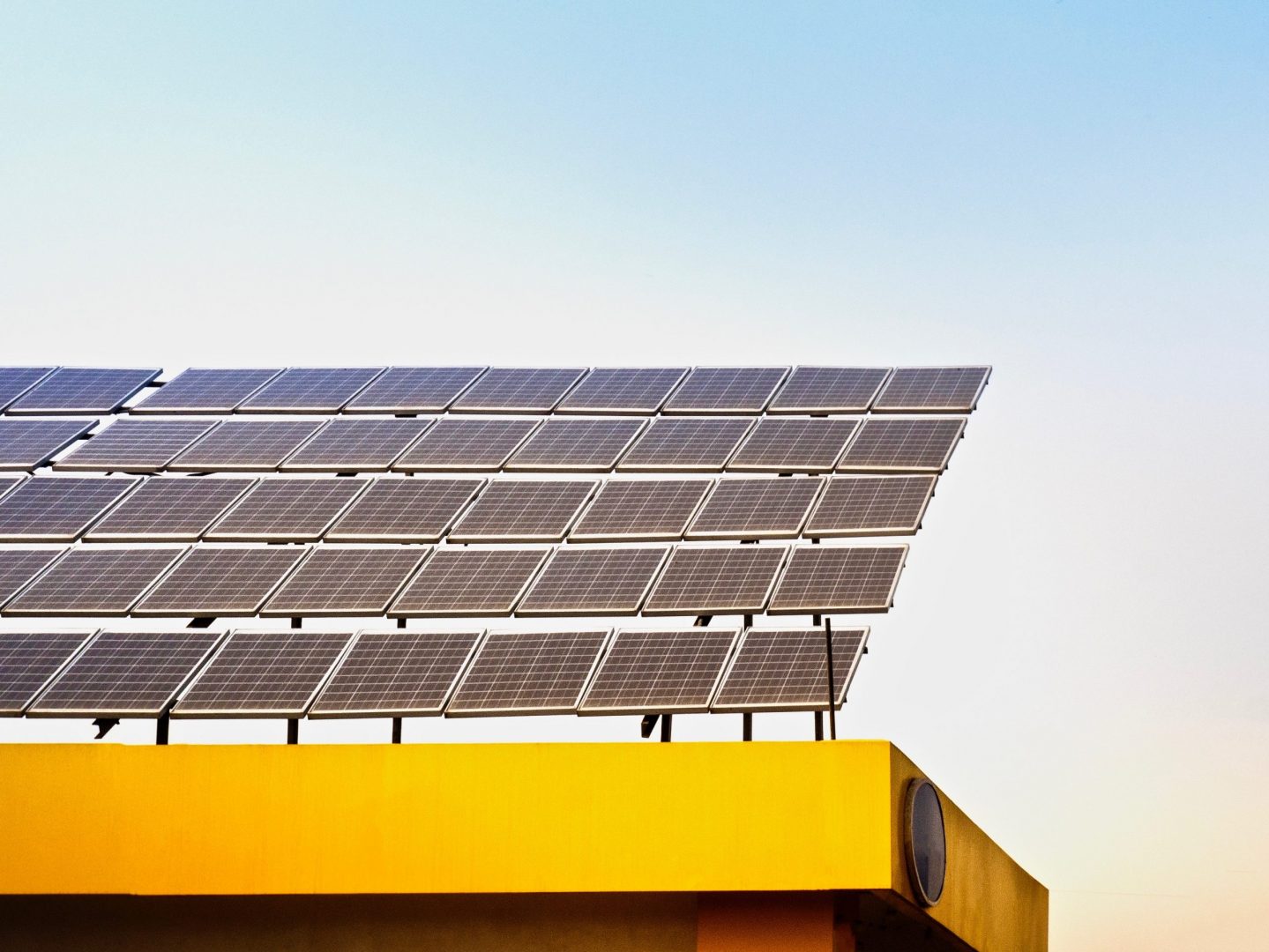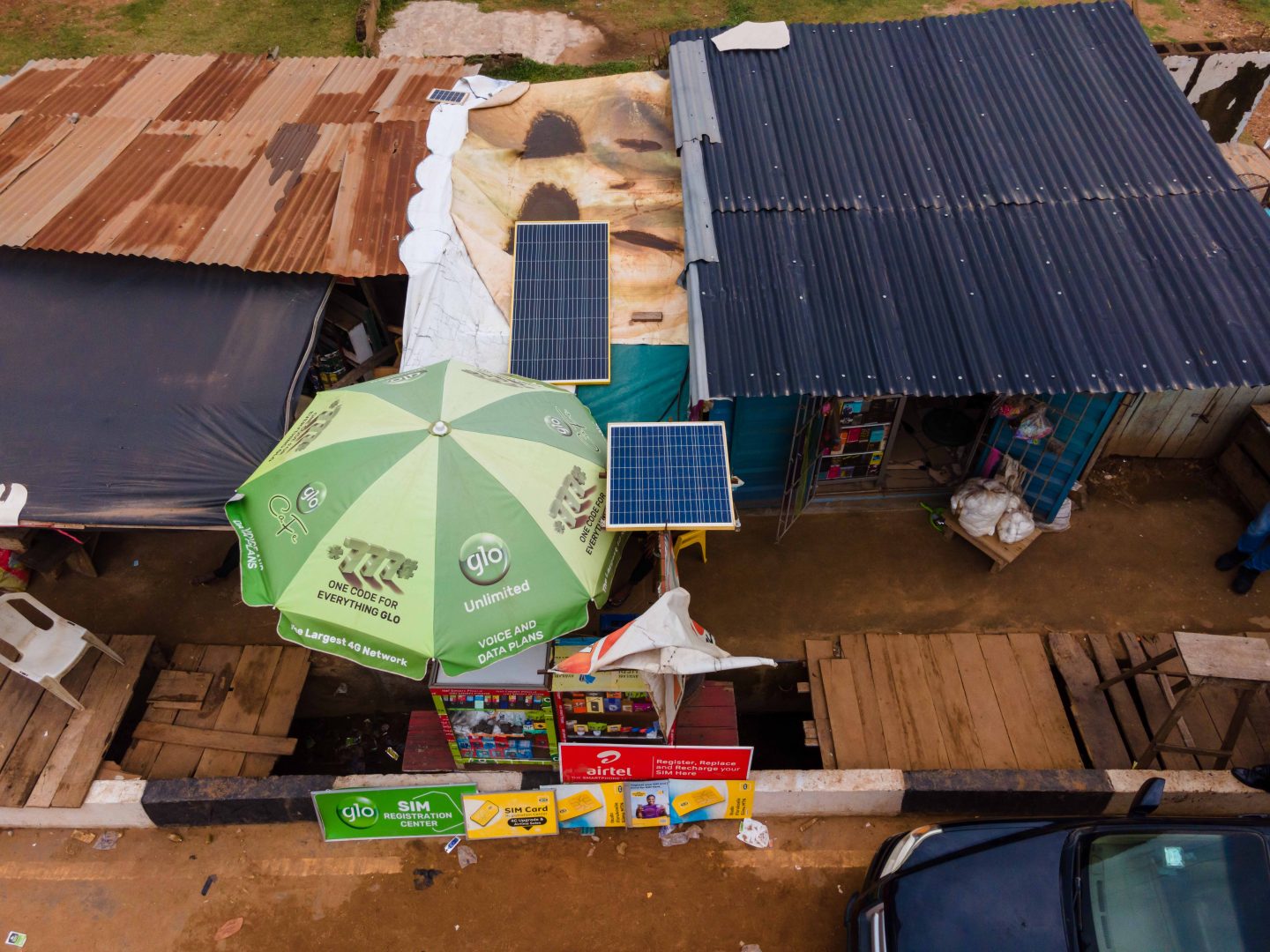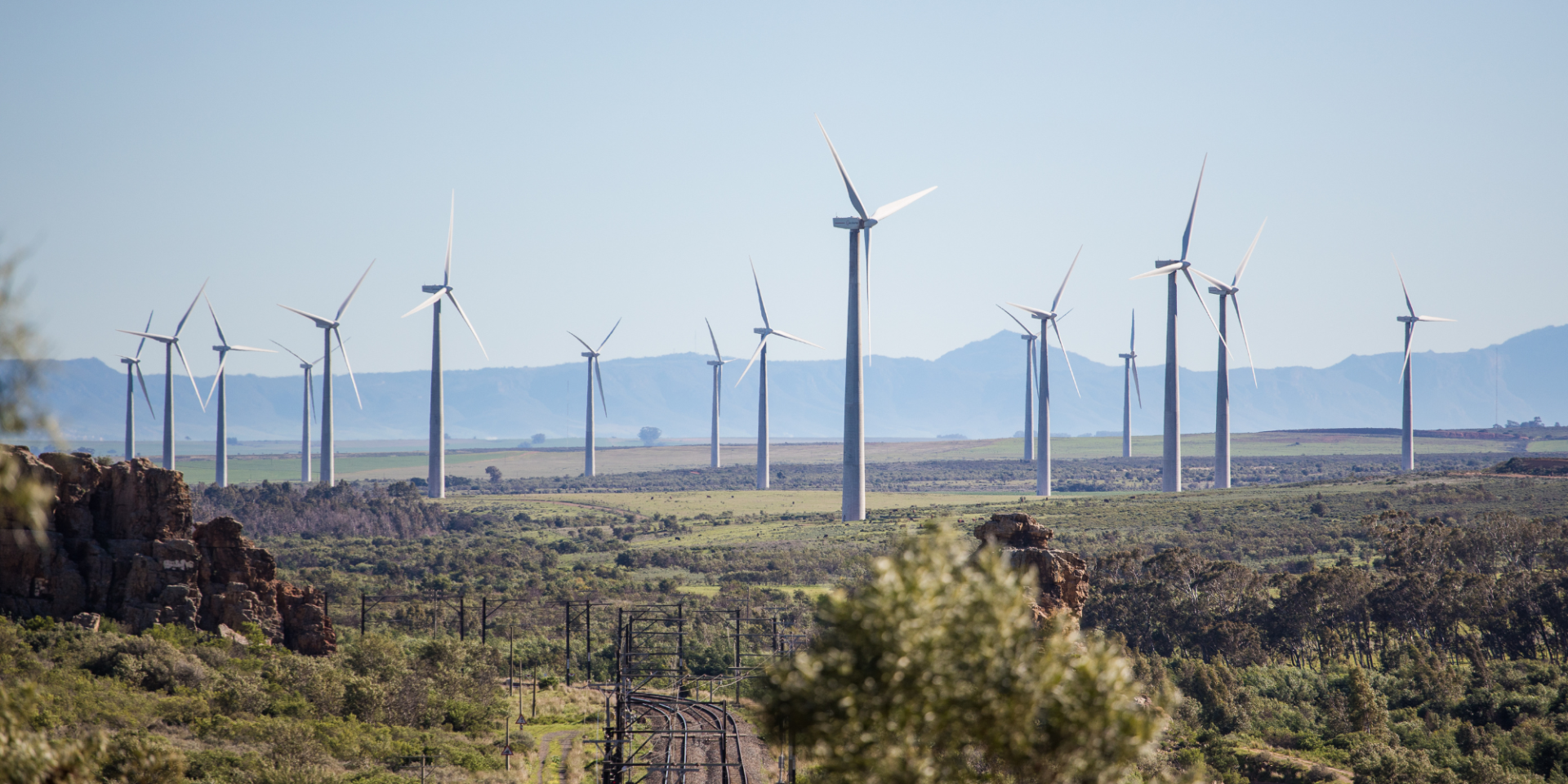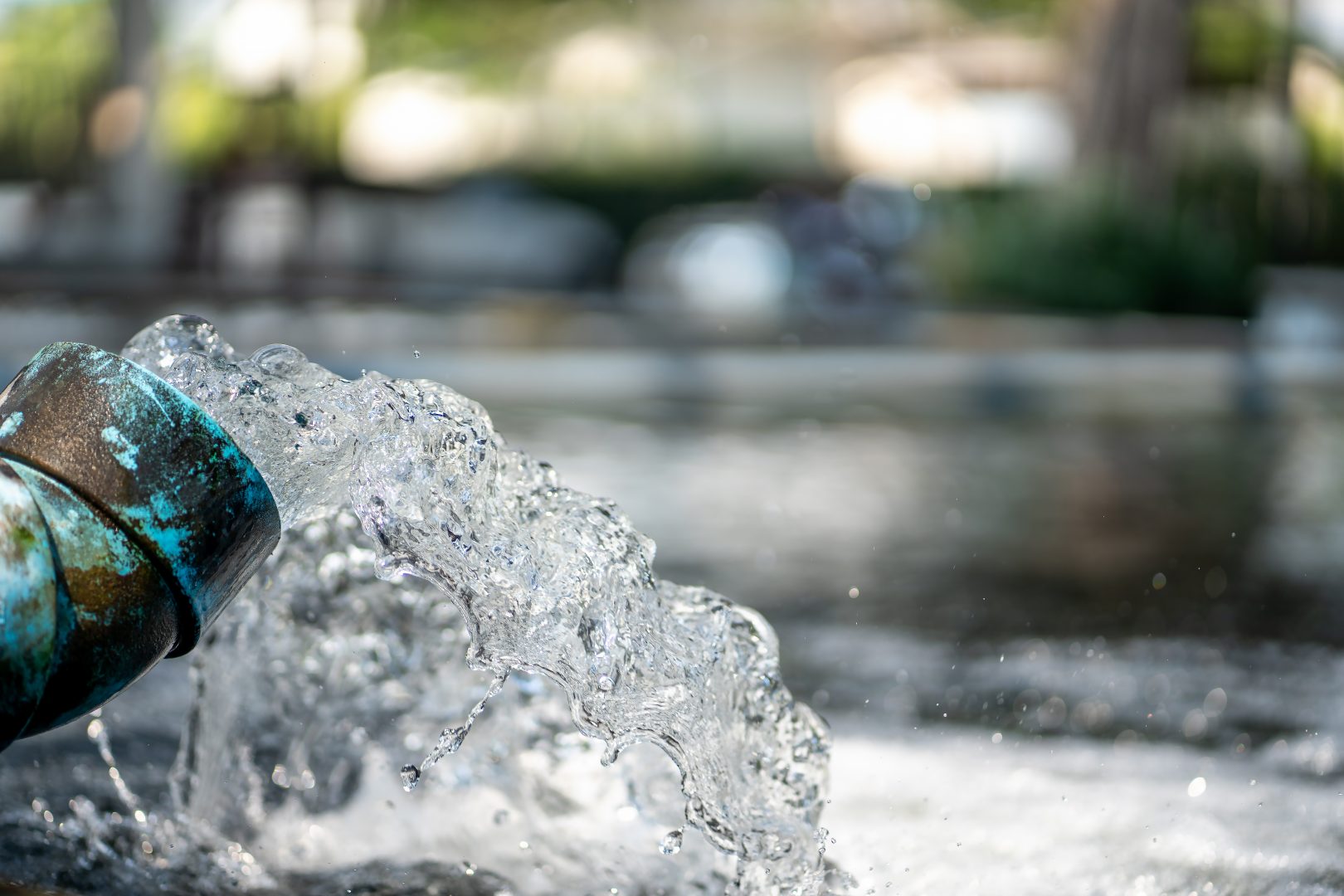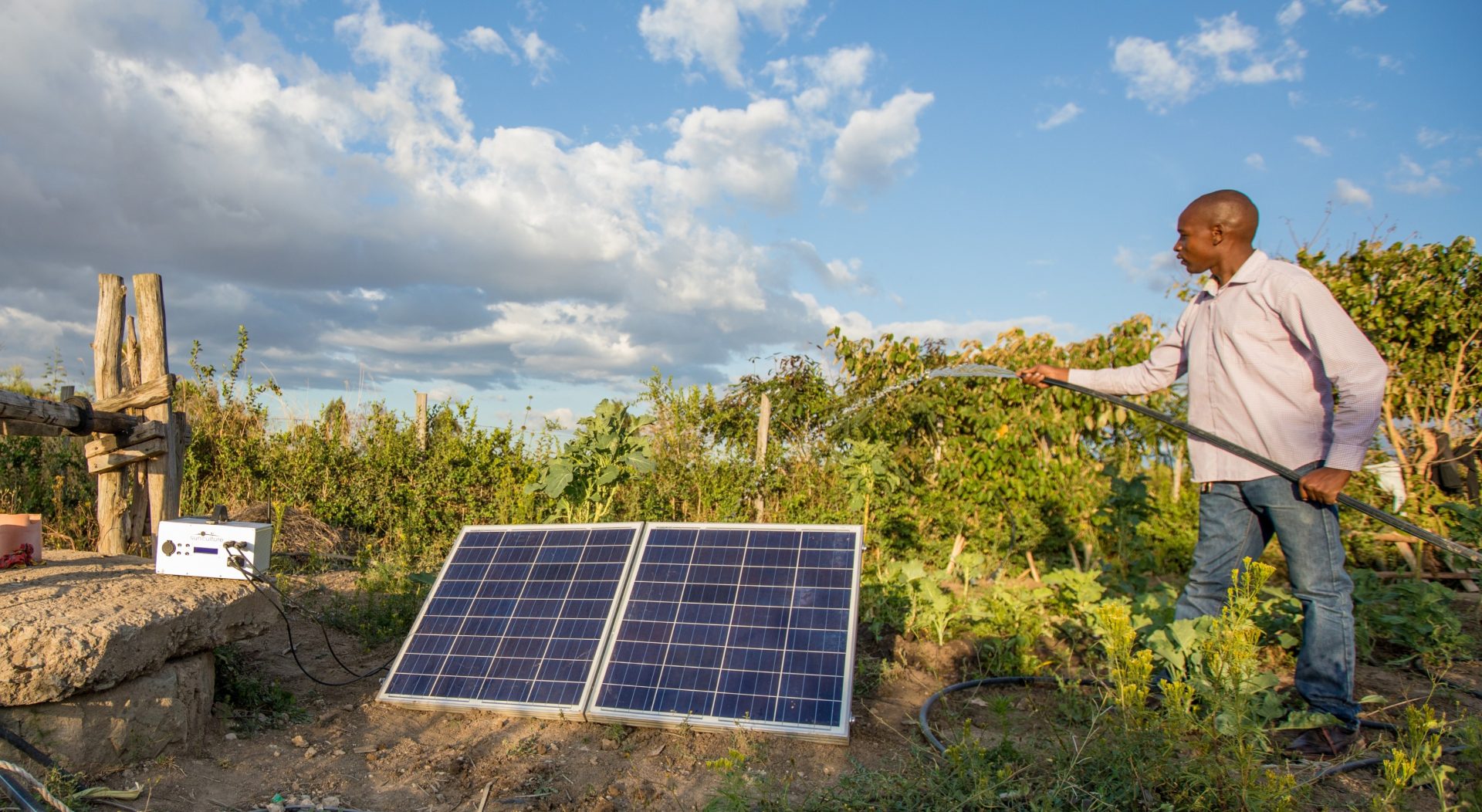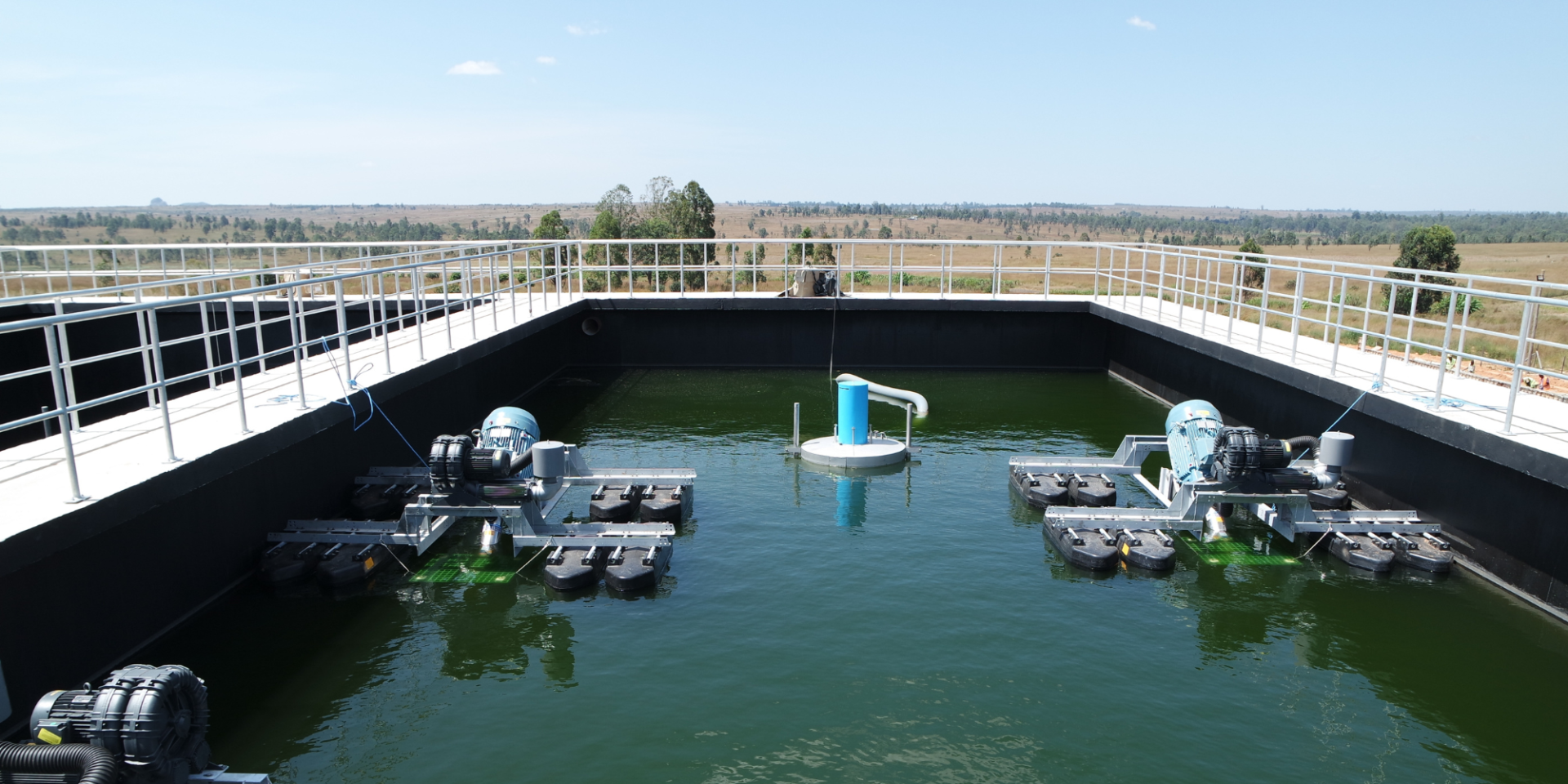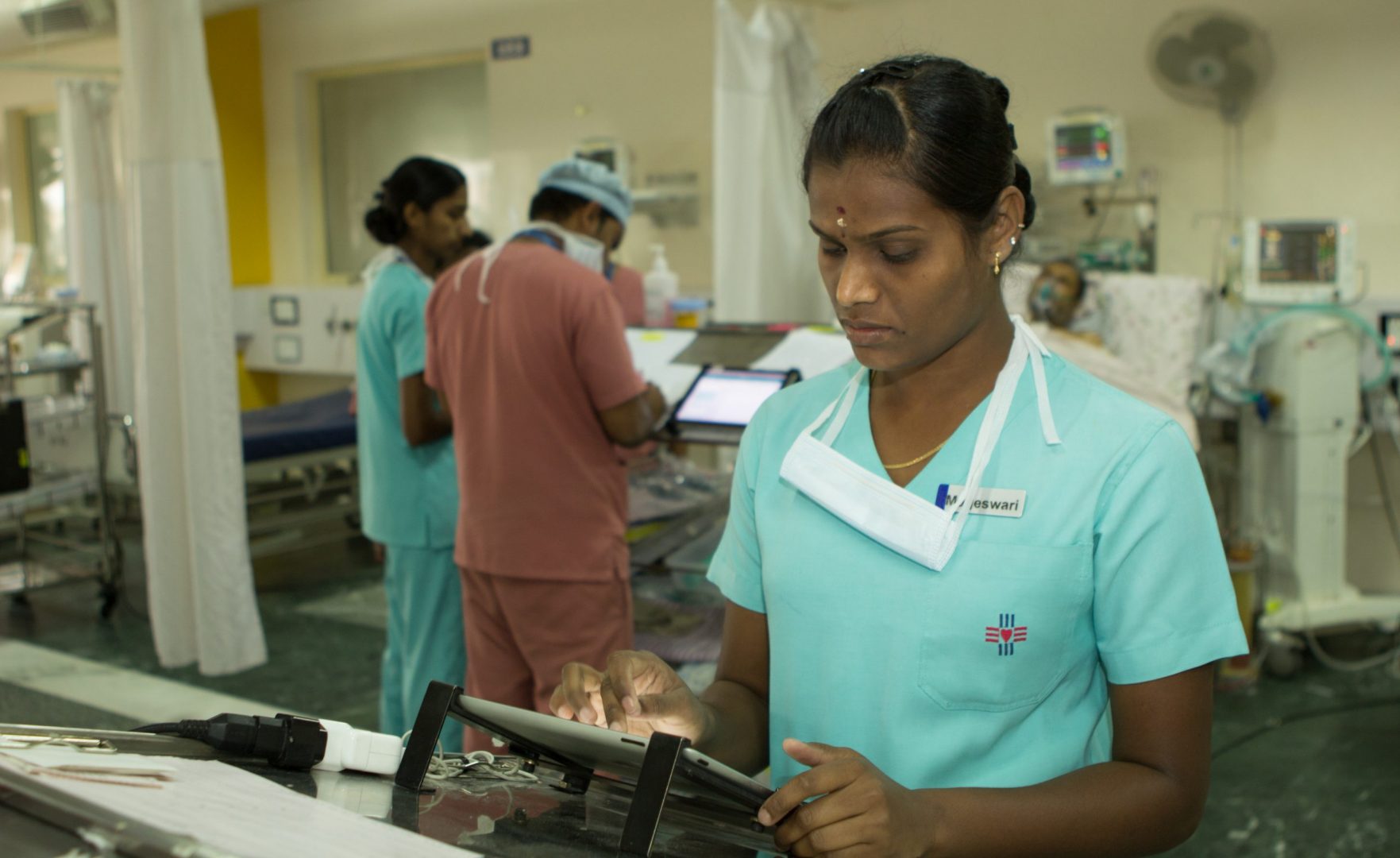To identify and support start-ups developing innovative solutions to pressing climate change challenges, in 2021 we partnered with EIT Climate-KIC to launch the ‘Adaptation and Resilience Challenge’. One year on, we’re pleased to announce the winners of this initiative.
This announcement comes at a time when the recently released report from the Intergovernmental Panel on Climate Change (IPCC) highlights the widespread adverse impacts of climate change to socio-economic and natural systems. In some contexts, this impact is irreversible. It also comes at a time when the Horn of Africa is experiencing the worst drought in several years and India a record heatwave.
Start-ups can play a key role in pioneering climate resilience and adaptation solutions designed to address developing countries’ needs, but these companies often lack access to finance and technical capabilities.
Our two-part ‘Adaptation and Resilience Challenge’ programme, launched in April 2021, identified and supported start-ups offering adaptation-enabling solutions from countries including Egypt, Uganda, Kenya, Mozambique, Nigeria, Bangladesh, Nepal, Sri Lanka, India and Pakistan. The most promising teams gained visibility on an international stage during COP26, connections with investors, and received prize funding to support their continued development and growth.
In the first stage of the project, 49 start-ups were given specialist support from Climate-KIC’s ClimateLaunchpad, the world’s largest climate ideas competition. Teams received support to build and pitch their business ideas to investors. They also received specialist adaptation and resilience training, helping them to create a viable business model to provide solutions for their customers.
The winners of the first part of the initiative, selected for having the most innovative and scalable solutions to physical climate risks, are:
1st place: Drop Access (Kenya) creates portable solar-powered fridges for use in the healthcare industry as well as food storage in rural communities. It ensures safe storage in settings with limited or unstable power supplies and high temperatures.
2nd place: Aumsat Technologies (India) provides services to locate groundwater resources using Earth Observation Satellites. Its AI-based algorithm combines data from air, land, and water to provide a diverse range of analytical solutions for climate-smart agriculture and water management.
3rd Place: AquaNurch (India) delivers end-to-end aquaculture solutions to create climate-resilient, sustainable fisheries. Their technology combines data points from artificial intelligence, big data and IoT with nature-based solutions to enhance the ecological restoration of fisheries and reduce water pollution.
For the second stage of the project, 16 start-ups at a more mature stage of development and showing the most promise were selected to take part in the ‘Adaptation and Resilience Accelerator’. The businesses received additional technical support, peer-to-peer learning, and coaching. The aim was to strengthen their investment readiness so that they could begin engaging with local and international investors to secure financing.
The winners of the second part of the initiative, selected for the same criteria as the stage one winners and with a strong investor readiness, are:
1st place: EF Polymer (India) offers sustainable, eco-friendly water retention polymers to farmers, helping to save water consumption by nearly 40 per cent, which is critical in water-stressed contexts. Its product is made from bio waste, is 100 per cent biodegradable and is proven to enhance yield and growth of crops.
2nd place: Sabon Sake (Ghana) provides climate-resilient agriculture solutions such as soil health management and on-demand farm and soil doctors. Its offering work to connect the soils, farmers, and community to address the challenges of soil degradation and food insecurity.
3rd place: Aabshar (Pakistan) manufactures water tap nozzles that save 98 per cent of water wastage and an estimated 60 per cent off electricity bills. It will also be launching an IoT-based smart water meter. Its offering is relevant for the target context in light of Pakistan’s water shortages.
Drop Access has subsequently been nominated by the Royal Academy of Engineering for their prestigious Africa Prize.
EF Polymer has recently secured investment to growth its business.
This pilot programme has provided valuable insight into the opportunities for adaptation and resilience businesses in developing and emerging countries, as well as the specialised support required to accelerate climate adaptation and resilience solutions at scale.
Climate adaptation and resilience is a key building block of our Climate Change Strategy. Looking ahead, we plan to continue expanding our support to accelerate the uptake and growth of adaptation and resilience solutions in areas vulnerable to climate risks.
